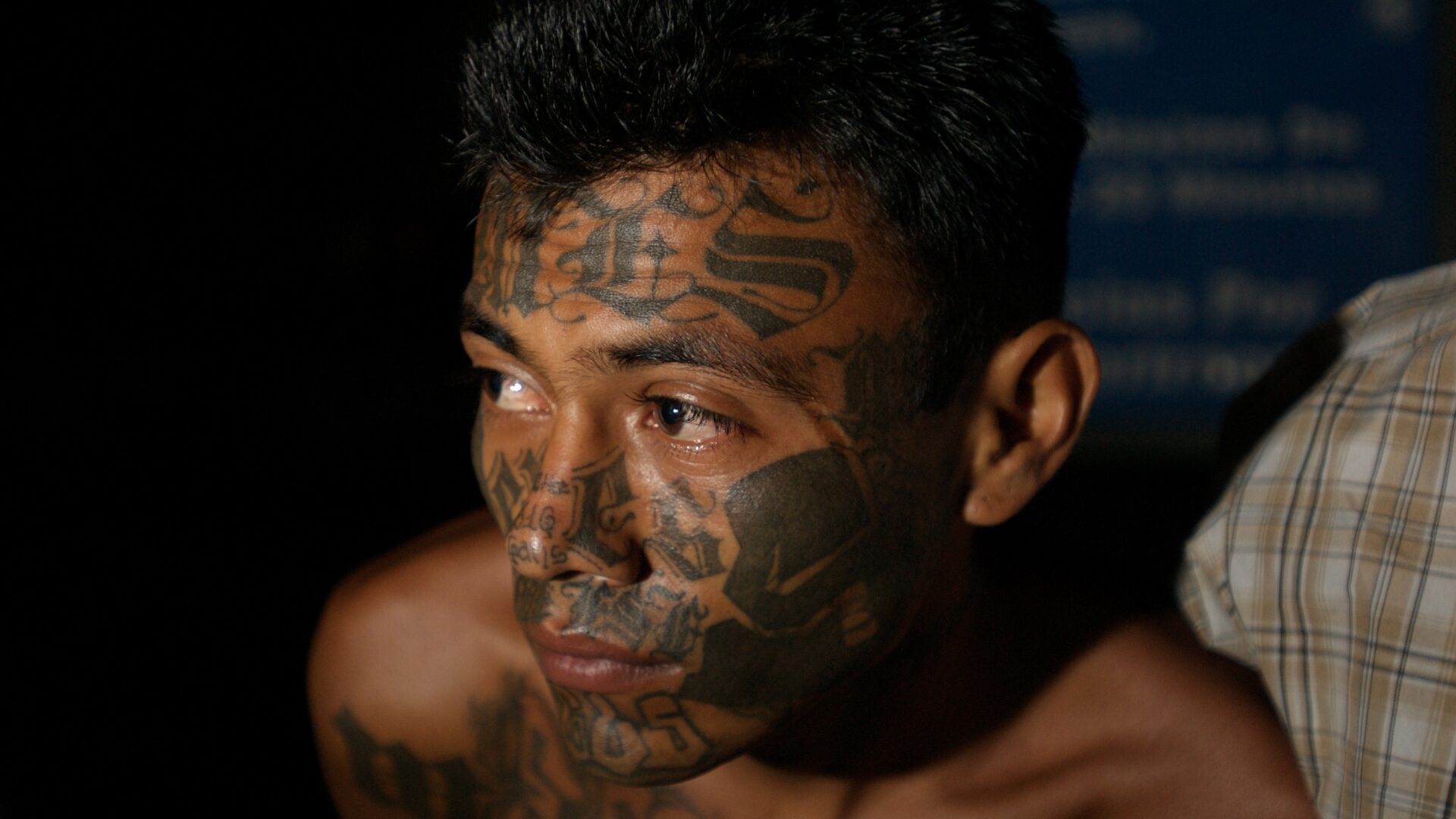
The U.S. Supreme Court issued a unanimous decision Thursday in a case involving alleged MS-13 gang member and illegal alien Kilmar Armando Abrego Garcia, who had previously been deported to El Salvador.
The Court’s ruling partially upheld a lower court order requiring his return to the United States, while also limiting the reach of that decision and reasserting the authority of the executive branch in immigration and foreign affairs matters.
BREAKING: A 9-0 Supreme Court UPHOLDS a court order requiring the Trump administration to bring a Maryland man, Kilmar Armando Abrego Garcia, back to the U.S. after mistakenly deporting him to El Salvador. Deadline TBD. #SCOTUShttps://t.co/bB0HHquFAk pic.twitter.com/vng90OhbL0
— Katie Buehler (@bykatiebuehler) April 10, 2025
Elon Musk Called This Financial News ‘Terrifying’
Earlier this month, U.S. District Judge Paula Xinis, an appointee of former President Barack Obama, ordered Abrego Garcia brought back to the U.S., stating that his deportation violated existing court directives.
On Thursday, the Supreme Court agreed in part with the District Court’s order but narrowed its effect by rejecting a specific deadline for his return and requesting clarification on the order’s broader scope.
While some liberal commentators portrayed the decision as a victory for immigrant rights, the Supreme Court’s actual ruling contained critical limitations.
FREE Concealed Carry Gun Laws & Reciprocity Map
The Court’s language emphasized that the District Court may have exceeded its authority and must show proper deference to the executive branch in matters related to foreign policy and immigration enforcement.
According to the Court’s official order:
“The application is granted in part and denied in part, subject to the direction of this order. Due to the administrative stay issued by THE CHIEF JUSTICE, the deadline imposed by the District Court has now passed. To that extent, the Government’s emergency application is effectively granted in part and the deadline in the challenged order is no longer effective. The rest of the District Court’s order remains in effect but requires clarification on remand.”
The justices also addressed the ambiguity in the District Court’s directive:
“The intended scope of the term ‘effectuate’ in the District Court’s order is, however, unclear, and may exceed the District Court’s authority. The District Court should clarify its directive, with due regard for the deference owed to the Executive Branch in the conduct of foreign affairs.”
The decision effectively places the burden back on the lower court to revise its order while confirming that federal courts must respect the separation of powers and executive discretion in immigration enforcement.
The case drew attention due to Abrego Garcia’s alleged affiliation with the violent MS-13 gang.
His deportation had been contested on procedural grounds, with arguments that it occurred before legal avenues were exhausted.
Some on the left, including former Obama adviser Jon Favreau, took to social media to celebrate the Court’s ruling as a reversal of that removal.
Supreme Court in a unanimous decision:
He has a legal right to be here, and you have to bring him back https://t.co/NxtRdMJXKN
— Jon Favreau (@jonfavs) April 10, 2025
However, critics argue that such interpretations ignore the legal nuances embedded in the justices’ decision.
White House Deputy Chief of Staff Stephen Miller responded to the ruling by emphasizing that the Court did not establish any right for Abrego Garcia to remain in the country and that the decision primarily concerned procedural matters.
False. SCOTUS rejected the lower court and made clear that a district court judge cannot exercise Article II foreign affairs powers. The illegal alien terrorist is in the custody and control of a sovereign foreign nation. https://t.co/qbRlM2IxAl
— Stephen Miller (@StephenM) April 11, 2025
This case is part of a broader series of rulings issued by the Supreme Court in recent days that have reinforced executive authority.
Earlier this week, the Court also overturned a ruling by Judge James Boasberg, who had attempted to block deportations of violent offenders under the Alien Enemies Act.
The Court further sided with the administration on two additional matters—upholding a freeze on teacher grants and affirming the dismissal of probationary federal employees.
In the Abrego Garcia case, the Supreme Court’s decision highlights the often-misunderstood distinction between procedural correction and substantive immigration rights.
The Court maintained parts of the district court’s order but struck down the imposed deadline and insisted on clarification before implementation.
The outcome reaffirms the limits of judicial authority in directing immigration enforcement and highlights the executive branch’s lead role in decisions involving foreign nationals, especially in cases involving public safety concerns.
American Made Patriotic Apparel – Save 15% with Promo Code MERICA





![Jasmine Crockett Justifies Mass Illegal Immigration With Bizarre Argument [WATCH]](https://www.right2024.com/wp-content/uploads/2025/03/1742007023_Jasmine-Crockett-Justifies-Mass-Illegal-Immigration-With-Bizarre-Argument-WATCH-350x250.jpg)

![NYC Tourist Helicopter Falls into Hudson River, Siemens Executive and Family Among Those Killed [WATCH]](https://www.right2024.com/wp-content/uploads/2025/04/NYC-Tourist-Helicopter-Falls-into-Hudson-River-Siemens-Executive-and-350x250.jpg)

![Red Sox Fan Makes the ‘Catch of the Day’ with Unconventional ‘Glove’ [WATCH]](https://www.right2024.com/wp-content/uploads/2025/04/Red-Sox-Fan-Makes-the-‘Catch-of-the-Day-with-350x250.jpg)






